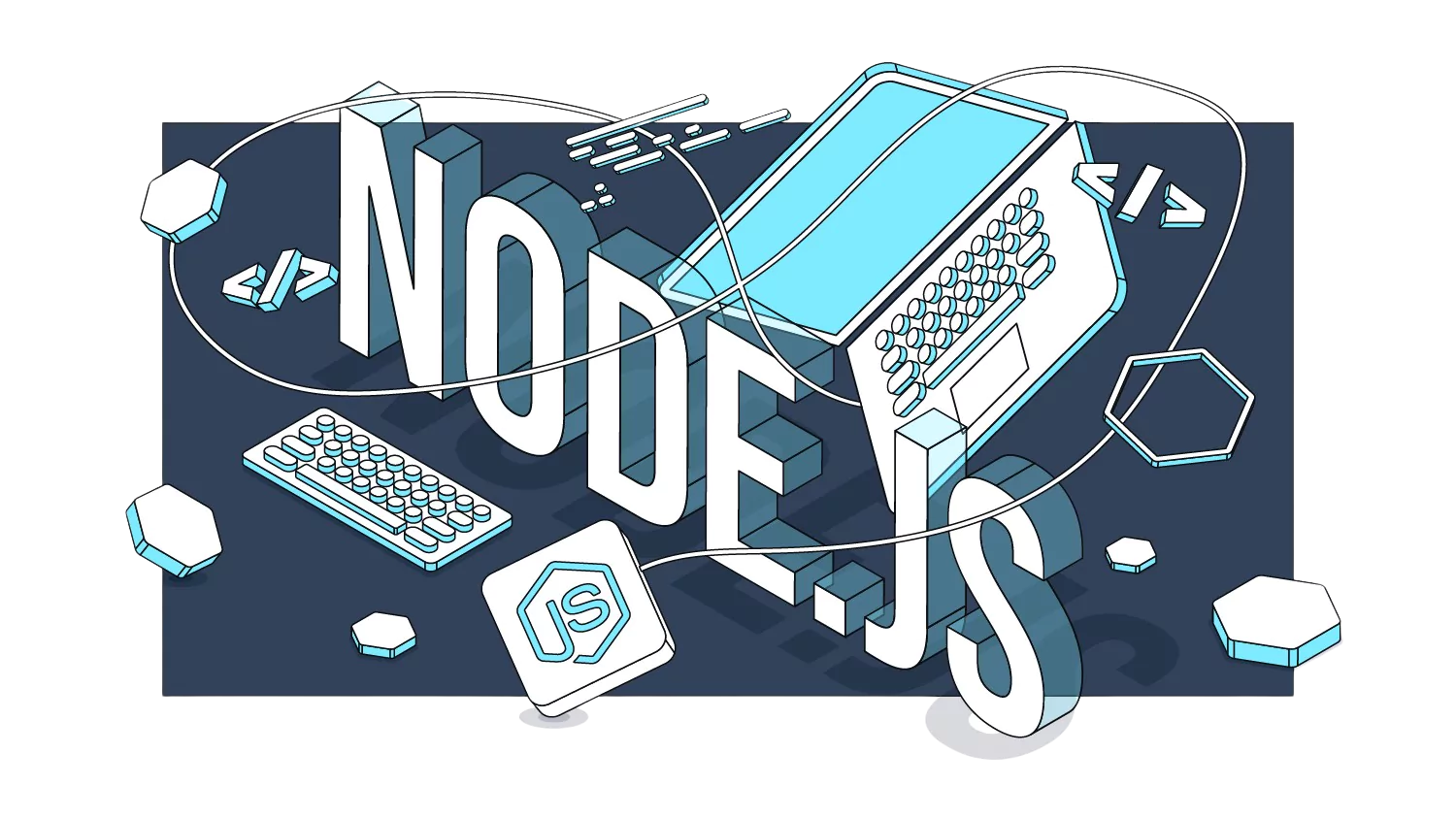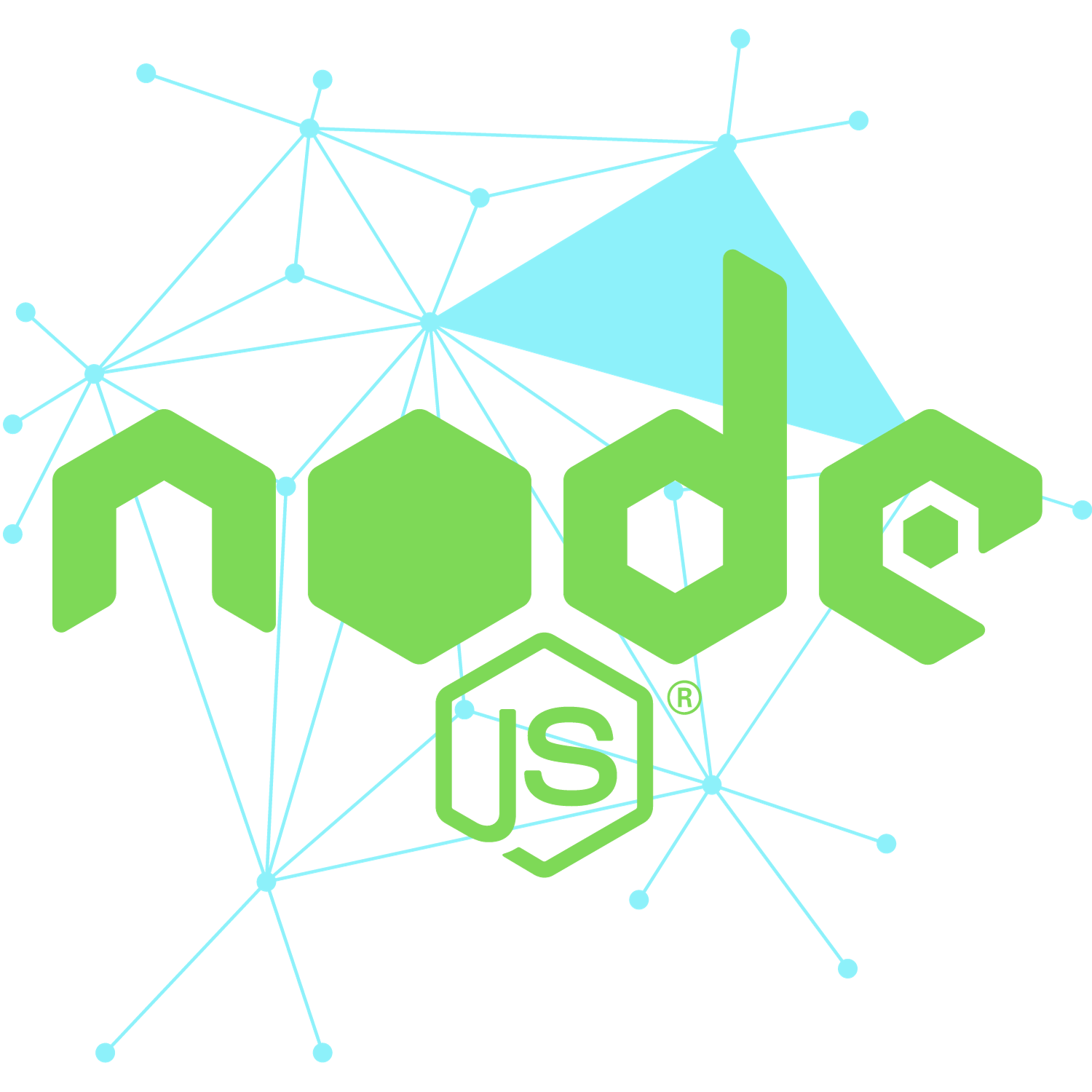


In this course, you will learn how to rapidly build command line tools, mock RESTful JSON APIs and prototype real-time services. You will also discover and use various ecosystem and Node core libraries, and come away understanding common use cases for Node.js.
Node.js is an open-source, server-side runtime environment built on Chrome's V8 JavaScript engine. It allows you to run JavaScript code on the server, enabling you to build scalable and high-performance network applications. Node.js is commonly used for web servers, real-time applications, and various backend services.
At the same time, the general principles and key understandings introduced by this course can prepare the student for further study towards the OpenJS Node.js Application Developer (JSNAD) and OpenJS Node.js Services Developer (JSNSD) certifications.
